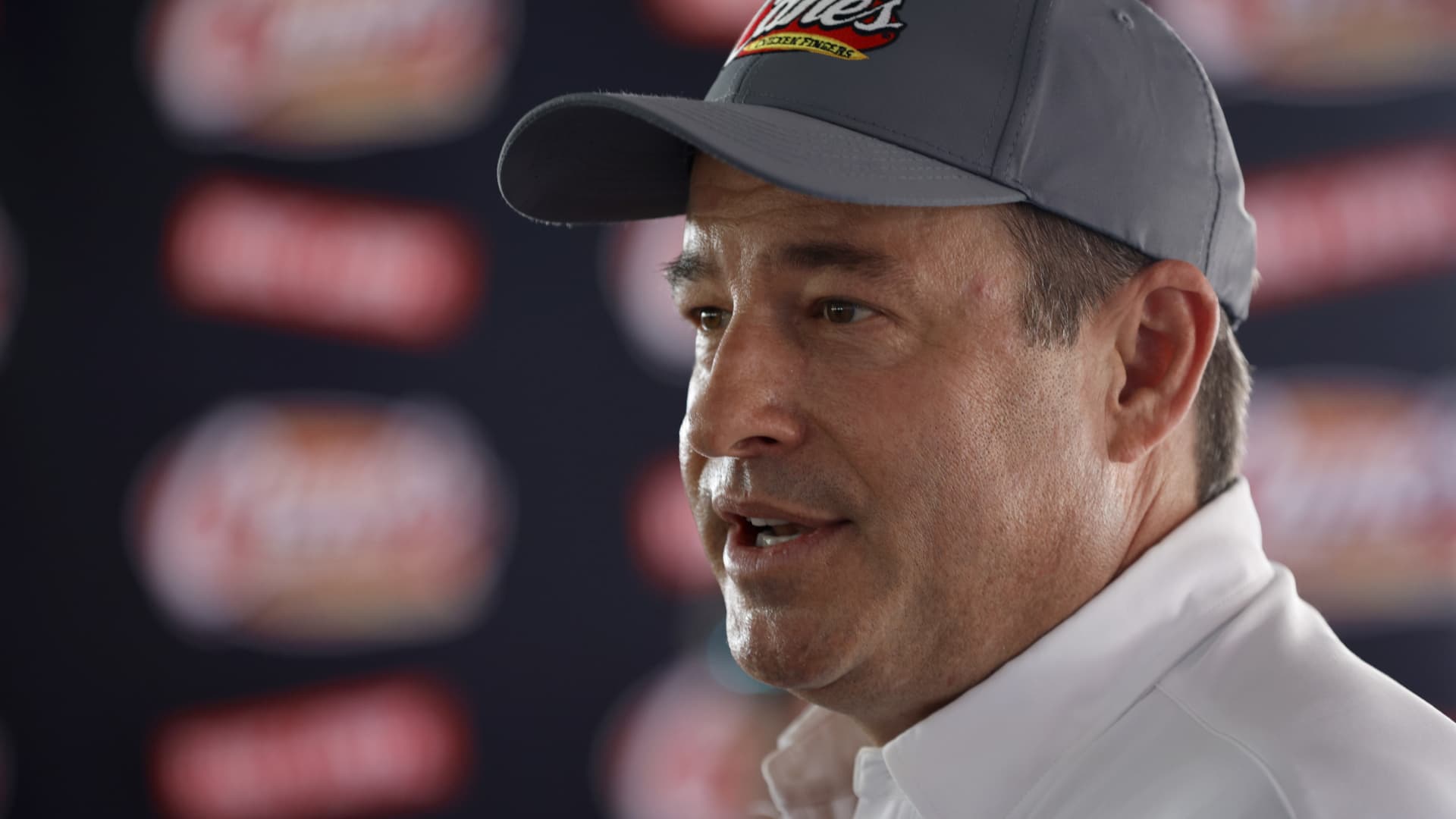The 90-hour weeks part?
The fact that he was doing it for a fossil fuel company?
The fact that he’s worth fucking $9.5 billion?
Also, not in the headline, but-
The fact that he did it back in the 90s when you could actually successfully open a small business and make money from it as if it’s relevant today?
The business is a franchise called Raising Caine’s Chicken, which I’ve never had, but if you go by Yelp reviews, it’s either the best restaurant that has ever existed or pretty mediocre.
Also, Wikipedia says very little about his early life, but apparently his parents could afford to send him to a private catholic school, so he didn’t exactly grow up improverished.



Could you organize your business into a worker co-op instead of following the example of successful psychopaths?
Think the problem is you’ll get obliterated from the market by the psychopaths.
ever seen Ocean Spray in the supermarket?
There are quite a few co-ops that compete and not owing a dividend to private equity is actually a pretty big competitive advantage.
I don’t think so in general.
My personal business was just auto body and a very niche segment within that.
I’ve also worked for mixed ownership. They tend to fail because someone must sign for the credit required to run the business. Eventually this person holds leverage. People change, and nearly all humans are corruptible.
It is hard to run a business, like when I was the buyer for a chain of bike shops. I spent nearly 3 million dollars on preseason orders. If I got that wrong, the business is going under. A lot of that money is credit from the manufacturers. The way it works is that manufacturers have no idea how much of whatever they need to make and warehouse. Buyers know the local market, store demographics, and core customer base. They can make reasonable predictions about what will sell and how. Mind you, I needed to know absolutely every detail about new products and changes in the market with each season, but at the time I rode everywhere by bike, I raced, and I did downhill enduro for fun. I went to interbike and a bunch of demo days for brands. I effectively took over for the owners because I did my homework and backed up every decision with statistical sales history in each store. However, one of the owners had undersigned his house and that turned into leverage and a problem. We were struggling to finance and open a new store when I was nearly killed ten years ago riding to work and got hit by a driver badly. That lead to a cascade of problems that closed all of the stores a few years later.
Personally, I see group dynamics as a potential problem in most cases. The best I ever had it was when I worked completely by myself. Owning a business sucks though unless you have the money to deal with the ups and downs. Only a fool likes at or near paycheck to paycheck when they own a business. I wouldn’t consider anything for a business now unless I can generate more than 15% extra money after paying everyone including myself. If you can’t put money back into the business, you’re going to fail within a few years
I thought about this a lot in recent months. Co-ops have existed before, especially in the 70s, but it seems greed got the better of people. People say it’s difficult to obtain funding, but why not create a co-op that lends money to other co-ops first, in order to bootstrap an alternative economy?
Why all these intricate hiring shenanigans or this whole thing of having one successful product or service, then trying to milk it for as long as possible during the inevitable downward slope capitalism dictates?
(Credit: Geoffrey West)
Different forms of organization are possible. Things don’t have to be done by the book; it would be us writing the book.
I’ve watched a documentary which mentioned Colab, an art collective. Paraphrasing Coleen Fitzgibbon, one of its more prominent members: Instead of having to be appointed and annointed to the workforce, we could simply be the workforce.